Officials from BMW, Mercedes-Benz and Volkswagen are reportedly in talks with the U.S. Department of Commerce to lessen the impact of the tariffs on European automakers shipping vehicles into the country.
The automakers are pointing to the significant investments made in the U.S., particularly plants in Alabama, Tennessee and South Carolina as prime reasons they shouldn’t be hit as hard as other companies.
The group is quick to suggest they may expand production at current U.S. plants in exchange for a more favorable rate. It’s important to note that some additions have already been announced, such as Mercedes adding a run of its GLC SUV to its plant in Alabama.
Additionally, BMW run a massive manufacturing plant in South Carolina and is currently the largest car exporter by volume in the U.S., Reuters reports. Mercedes also exports vehicles from the U.S. Volkswagen’s plant near Chattanooga, Tennessee was among the first built by European automakers in the U.S.
The proposal
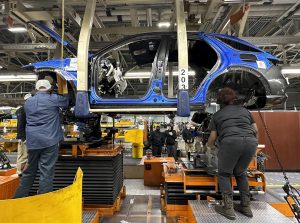
Workers at the Mercedes plant in Alabama assemble a new EV. Company officials are talking with Trump officials about easing tariffs.
According to a Reuters story, German automakers would receive credits for the vehicles they export from the U.S. Those credits would be deducted from tariffs on the vehicles they bring into America. None of the automakers involved have offered public comment on the proposal.
However, they did previously acknowledge they were in talks with U.S. officials about the tariffs and how they could work out a compromise.
President Donald Trump levied a 25% tariff on vehicles imported from Europe after hitting Canada and Mexico with the same rate earlier this year. He charged China an even higher rate, which has since been the subject of talks between the two nations.
More Tariffs News
- Trump Tariffs Could Drive Budget Buyers Out of Car Market
- April Auto Sales Surge as Buyers Rush to Beat Tariffs
- Trump Gives Some Tariff Relief to Automakers
Been here
Trump’s made waves about implementing tariffs in the past and then delayed them. However, after a few starts and stops, they’ve been implemented. But they haven’t all remained at the same rate, he’s made some concessions.
He worked out a deal with the United Kingdom that cut tariffs from 25% to 10% on new vehicles as well as steel and auto parts. While this should help reopen the critical American market for British automakers like Jaguar, Land Rover, Mini and Bentley, it puts a cap on the number of products that can come into the States at the lower tariff level.
That could mean reduced sales in the years ahead — or require British automakers to find ways to build at least some of their products in the United States.
Notably absent from the announcement was any mention of British automakers setting up manufacturing operations in the U.S. – an apparent shortfall considering a key Trump tariff goal was bringing more manufacturing to the U.S.

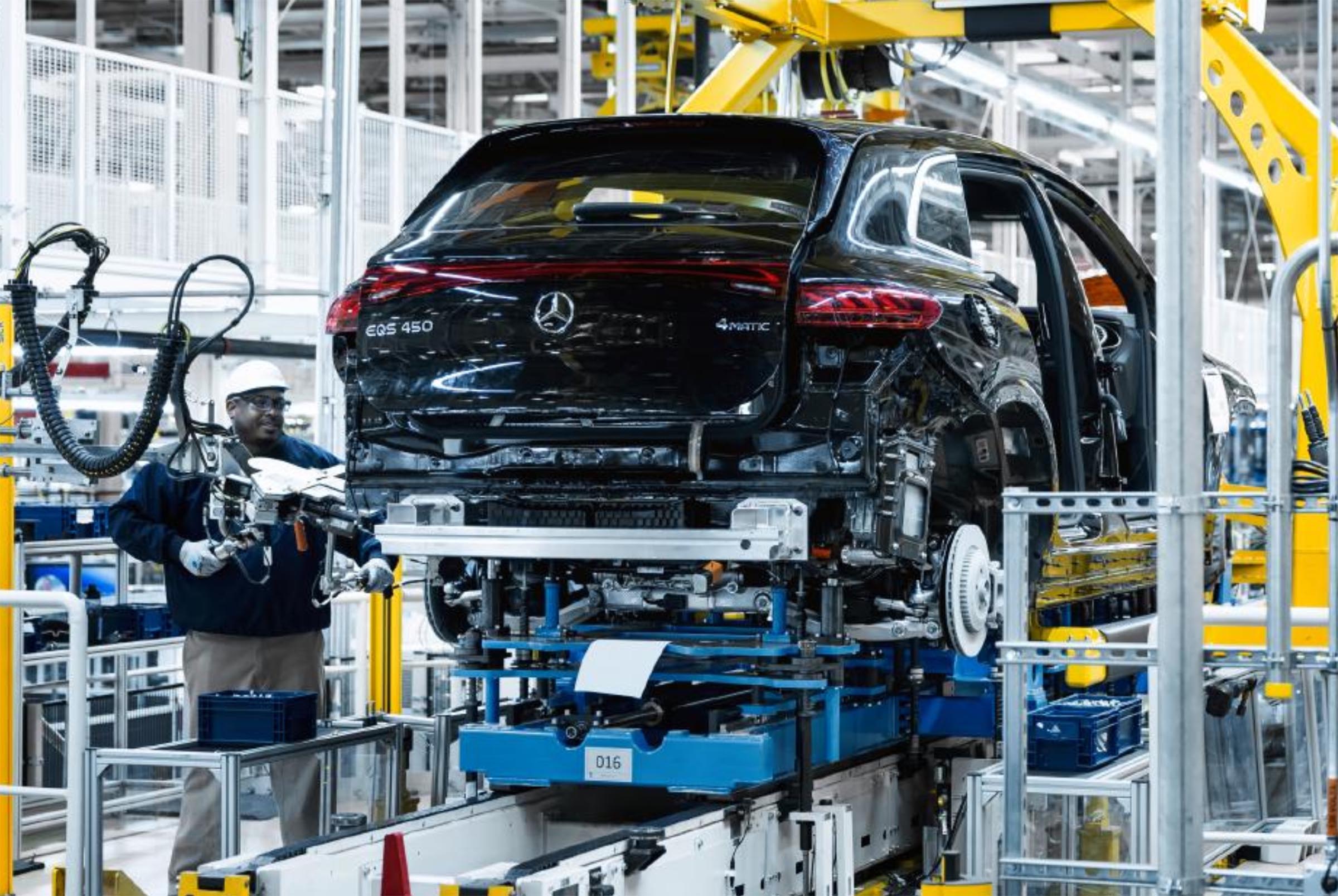
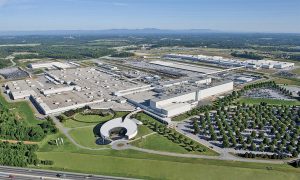
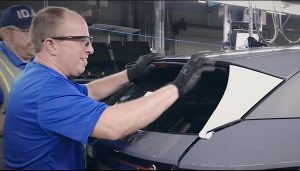
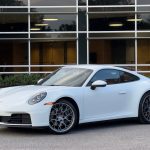
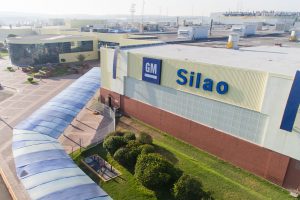

0 Comments